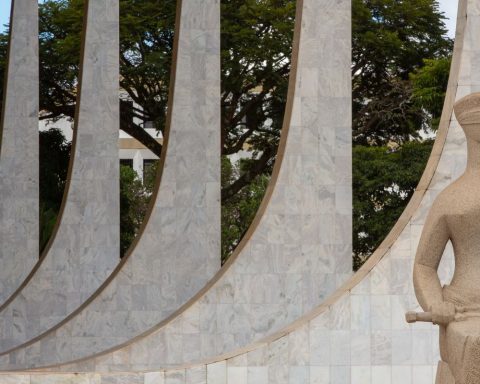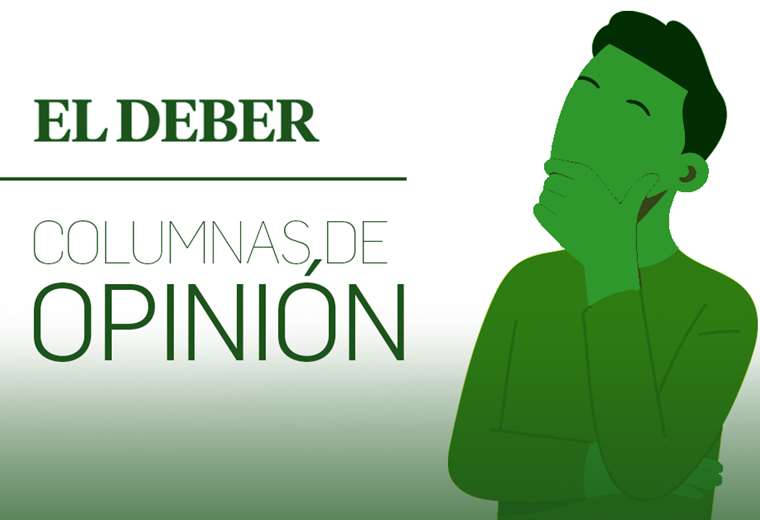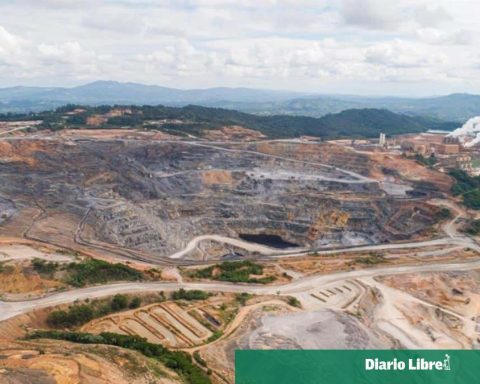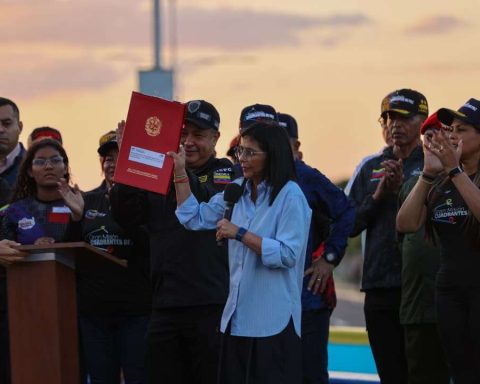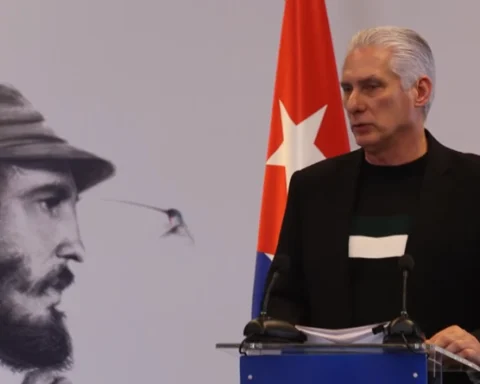Anyone who enters the CNPq (National Council for Scientific and Technological Development) stand on Avenida da Ciência, at the Community Center of the University of Brasília (UnB), has the feeling of stepping onto the continent.
It’s the exposure When it wasn’t all ice – New discoveries on the Antarctic Continentone of the initiatives of the National Council for Scientific and Technological Development at the Annual Meeting of the Brazilian Society for the Progress of Science (SBPC).
The space brings together 160 pieces from Paleoantar, a project of the National Museum linked to the Brazilian Antarctic Program, financed by CNPq.
According to the director of the National Museum of Rio de Janeiro, Alexander Kellner, among the items on display are eight pieces rescued after the fire that destroyed the building in 2018. “Most of these pieces were collected in projects that followed the enormous tragedy that It happened in 2018. But we even have some that were rescued from the palace and are exposed here for visitors”, he said.
The show features new fossils, discovered and collected by Paleoantar teams in the Antarctic region between 2015 and 2018.
The exhibition also features models of the Brazilian Navy ships that take researchers to Antarctica. Visitors can also see the tents and clothing used by the teams, in addition to seeing the tools used by paleontologists in the field.
The Political Science student at UnB, Gabriel Yudi, passed by the place, and was surprised by what he saw. “I thought it was very organized, everything was very well done. And it’s very interesting, you see fossils that are from a long time ago here in front of you. I loved the whale skull, I think that was the most interesting part,” he said.
In addition to the stand, CNPQ’s performance at the event includes the delivery of prizes and participation in round tables.
On Wednesday (27), a special session was held to commemorate the 40th anniversary of the Brazilian Antarctic Program, Proantar, which promotes scientific studies in the Antarctic region.
The director of institutional cooperation at CNPQ, Zaíra Turchi, highlighted the importance of the council’s support and funding for this type of initiative. “Brazil is part of the agreement for Antarctica, and Antarctica is very important to the world. So you really need cutting-edge scientific research in this region. CNPQ has this important mission as the main research support agency in the country,” she said.
CNPQ has financed Proantar since 1991. Currently, around 20 researches are being carried out in the areas of life sciences, atmospheric sciences, marine sciences and earth sciences.






